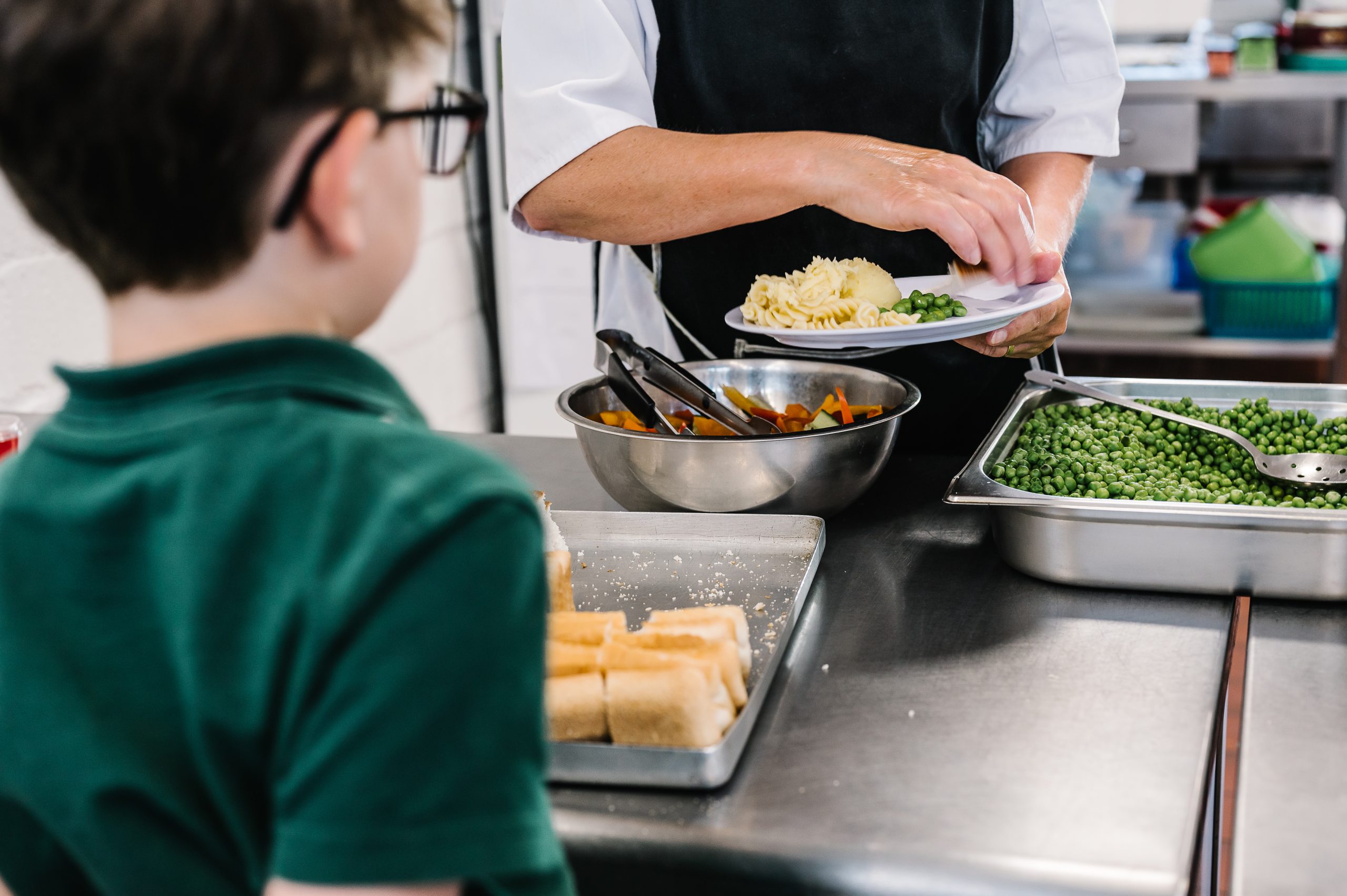Free school meals – what is it and can I get it?
All children in Reception, Year 1 or Year 2 are currently entitled to free school meals, regardless of your household income.
From Year 3 onwards your children, could get free lunches, and sometimes milk, at school if you are receiving one of the benefits below:
- Income Support
- Income-based Jobseeker’s Allowance
- Income-related Employment and Support Allowance
- Support under Part VI of the Immigration and Asylum Act 1999
- The Guarantee element of State Pension Credit
- Child Tax Credit (provided you’re not also entitled to Working Tax Credit and have an annual gross income of no more than £16,190)
- Working Tax Credit ‘run-on’ – the payment someone may receive for a further four weeks after they stop qualifying for Working Tax Credit
- Universal Credit – if you apply on or after 1 April 2018 your household income must be less than £7,400 a year (after tax and not including any benefits you get) at the time of your application. If your income goes above the threshold in the future, but you remain on Universal Credit, your child will still be eligible (see below). If you applied before 1 April 2018 there was no household income threshold for Universal Credit claimants.
To find out more about free school meals, visit the Northumberland County Council website.
Packed Lunches
The UK government produced packed lunch guidance to support the implementation of new school food standards for school lunches and ensure that all children benefit from eating quality food during the school day.
The guidelines are:
- One portion of fruit and one portion of vegetable or salad every day to be included in packed lunches.
- Meat, fish or another source of non-dairy protein should be included every day. Non-dairy sources of protein include lentils, kidney beans, chickpeas, hummus, peanut butter and falafel.
- An oily fish, such as salmon, should be included at least once every three weeks.
- A starchy food, such as bread or pasta, rice, couscous, noodles, potatoes or other cereals, should be included every day.
- A dairy food, such as semi-skimmed or skimmed milk, cheese, yoghurt, fromage frais or custard should be included every day.
- Free, fresh drinking water should be available at all times.
- Include only water, still or sparkling, fruit juice, semi-skimmed or skimmed milk, yoghurt or milk drinks and smoothies.
- Snacks such as crisps should not be included. Instead, include seeds (no nuts), vegetables and fruit (with no added salt, sugar or fat). Savoury crackers or breadsticks served with fruit, vegetables or dairy food are also a good choice.
- Confectionery such as chocolate bars, chocolate-coated biscuits and sweets should not be included. Cakes and biscuits are allowed but these should be part of a balanced meal.
- Meat products such as sausage rolls, individual pies corned meat and sausages / chipolatas should be included only occasionally.
To ensure consistency and to keep packed lunches in line with food standards for school meals, packed lunches should not contain the following:
-
- Fizzy / sugary drinks in cartons, bottles or cans.
- Fruit flavoured squash or drinks such as Ribena, Capri Sun or Fruit Shoots.
- Chocolate-coated products / sweets / confectionary. Chocolate spread as a filling for sandwiches.
- Chewing gum.
- Sugared / toffee and salted popcorn.
- Energy drinks.
Occasionally, the following may be included:
- Snacks such as crisps.
- Meat products such as sausage rolls, individual pies, corned meat and sausages – these foods have a very high fat and salt content.
- Cakes and plain biscuits are allowed but children should be encouraged to eat these only as part of a balanced meal.
For support on how to prepare healthy packed lunches, visit NHS
Change4Life.
Some pupils within the school suffer from food allergies. Warkworth Primary has a no nuts policy as some children can have an extreme allergic reaction to nuts. Please avoid giving your child foods that contains nuts.
The school recognises that some pupils may require special diets that do not allow for the standards to be met exactly. In this case, parents are urged to be responsible for ensuring that packed lunches are as healthy as possible.


